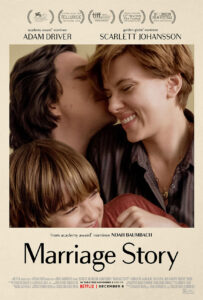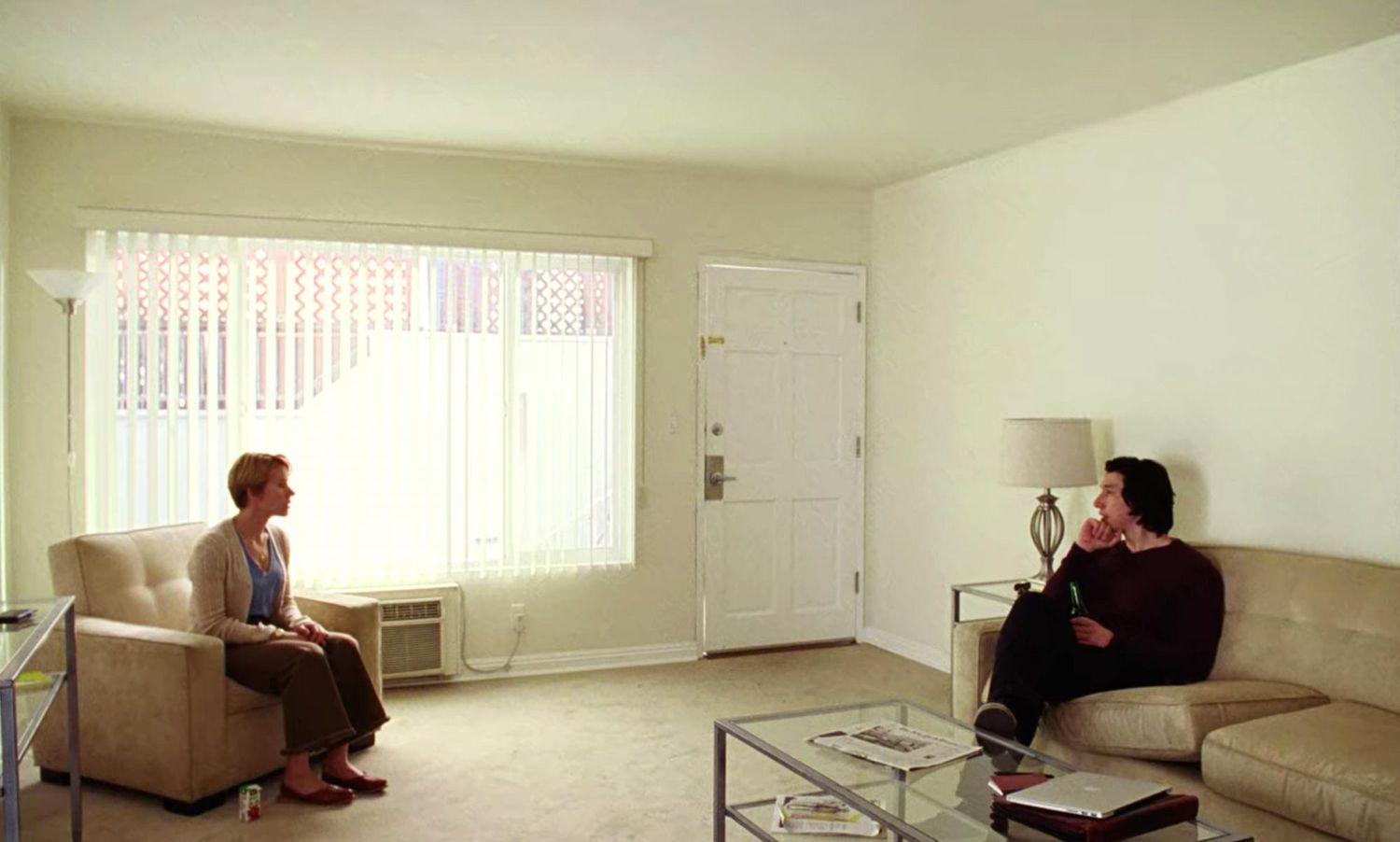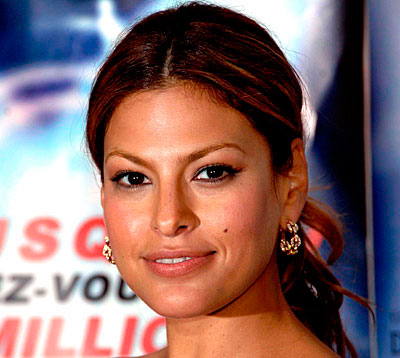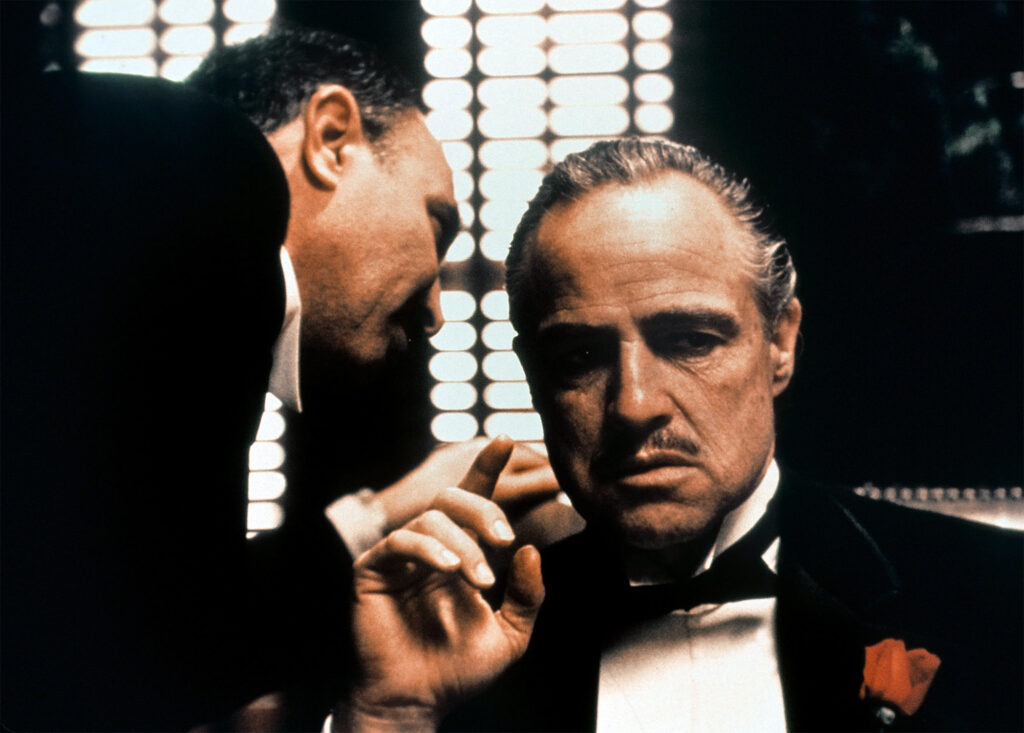Noah Baumbach‘s “Marriage Story” (2019) is a disarming and intimate exploration of a crumbling marriage, narrated with meticulous authenticity and bone-deep empathy. This poignant film unravels the all-too-familiar threads of a relationship falling apart, transforming mundane details into a powerful tapestry of raw human emotion.
The narrative centers on Charlie (Adam Driver) and Nicole (Scarlett Johansson), a couple entangled in the arduous process of divorce. From the outset, Baumbach eschews melodrama for nuance, painting a deeply human portrait of two people who, despite once being intensely in love, now find themselves caught in the painful realities of an irrevocable rift.

An incisive and compassionate portrait of a marriage breaking up and a family staying together. From Academy Award-nominated filmmaker Noah Baumbach.
One of the quintessential strengths of “Marriage Story” is its ability to depict the characters not as adversaries, but as flawed, sympathetic individuals navigating the stormy seas of separation. This is largely due to the compelling performances delivered by Johansson and Driver. Johansson’s Nicole is a woman finding her own voice, away from the shadow of her husband’s success. There is a palpable sense of liberation mingled with sorrow in her portrayal, capturing the essence of her character’s struggle to reclaim her identity. Her performance is paralleled by Driver’s Charlie, a dedicated father and a talented theater director whose life and aspirations are suddenly thrown into disarray. Driver’s portrayal is both powerful and understated, embodying the anguish of a man grappling with the disintegration of his family and the concurrent loss of his life’s direction.
Baumbach’s screenplay is intricately woven with authenticity, finding profound truth in the most ordinary moments. The film’s opening sequences—where Charlie and Nicole list the things they love about each other—are deceptively tender. These monologues are not merely a device for character exposition, but a poignant reminder of the affection and intimacy now tainted by the strain of divorce. This opening sets the tone for a narrative that is keenly observational, never descending into caricature or excessive sentimentality. Instead, “Marriage Story” lays bare the painfully real and often unspoken facets of parting ways.
The film’s keenly observed script is matched by its intelligent direction and deft use of space. The juxtaposition of bustling New York streets with the sprawling emptiness of Los Angeles serves as a metaphor for the couple’s disparate emotional landscapes. The contrast highlights their differing aspirations and the geographic representation of their growing emotional divide. Cinematographer Robbie Ryan‘s skillful camera work, capturing intimate close-ups and the expanse of these cities, enhances the realism and intimacy of the narrative.
Moreover, the supporting cast contributes significantly to the film’s depth. Laura Dern, in her Oscar-winning role, shines as Nicole’s sharp and charismatic lawyer, Nora Fanshaw. Her performance is a perfect blend of empathy and ruthlessness, illustrating the often-merciless nature of legal battles in divorce proceedings. Ray Liotta and Alan Alda also provide memorable turns as Charlie’s lawyers, embodying the polarity in legal representation—one aggressive and combative, the other gentle but somewhat ineffective. These characters act as catalysts, intensifying the conflict while also offering a commentary on the adversarial nature of the divorce industry.
Baumbach’s own history and experiences with divorce permeate the film, lending a layer of almost autobiographical authenticity. There is an underlying honesty in his depiction of love’s deterioration—the residue of affection, the gnawing bitterness, and moments of unexpected tenderness. This essence of authentic storytelling is what makes “Marriage Story” profoundly affecting. It abstains from providing resolutions or clear-cut answers, acknowledging instead the messy, often unresolved nature of human relationships.
The film’s emotional core is perhaps best encapsulated in a harrowing argument scene between Nicole and Charlie, where the veneer of civility completely shatters, revealing the simmering resentments and deep-seated pain beneath. This scene, brutal and heart-wrenching, showcases both Johansson and Driver at the height of their acting prowess, turning an argument into a devastating symphony of lost love and broken dreams.
“Marriage Story” is ultimately an exploration of the duality of love and separation, a candid observation of a relationship unraveling. Baumbach’s meticulous direction, coupled with stunning performances and an evocative script, makes it a film that resonates with honesty and poignancy. It is a cinematic exploration that delves deep into the complexities of marriage and divorce, capturing the heartbreak and hope that coexist within the human experience.




